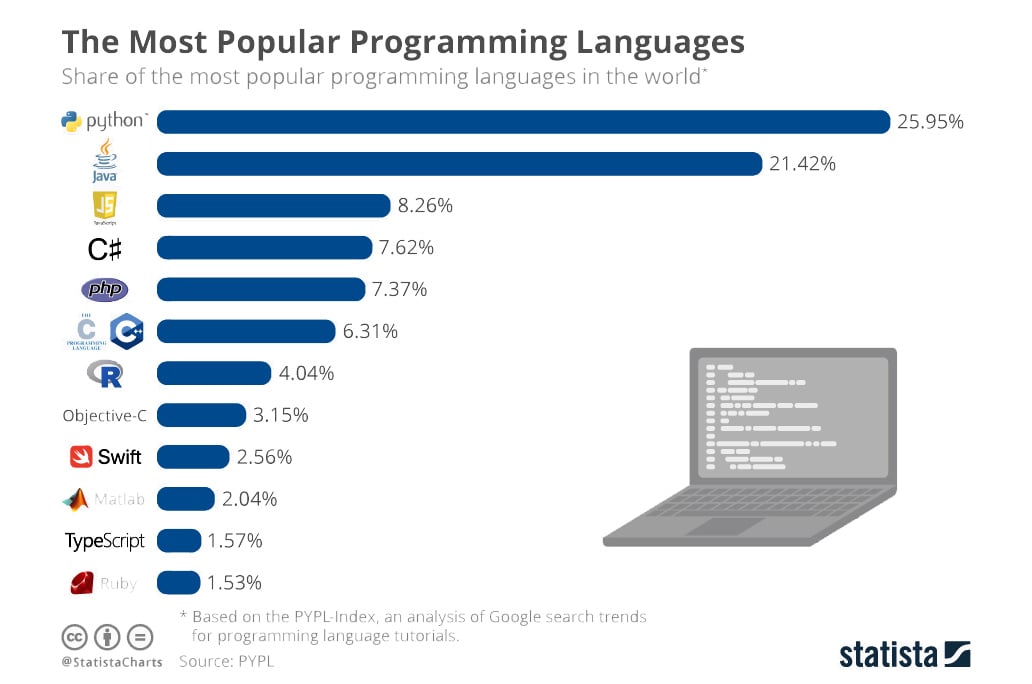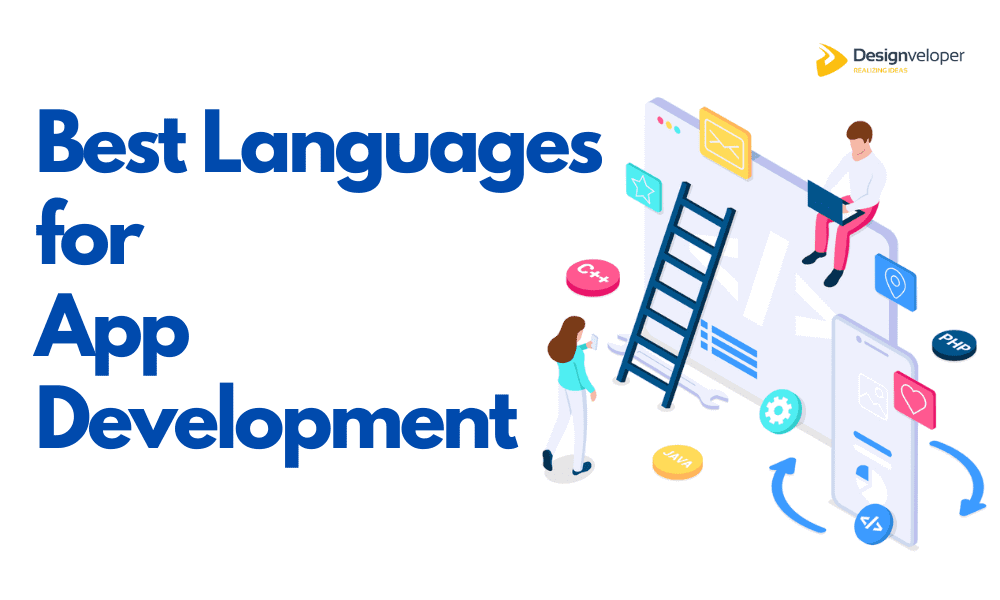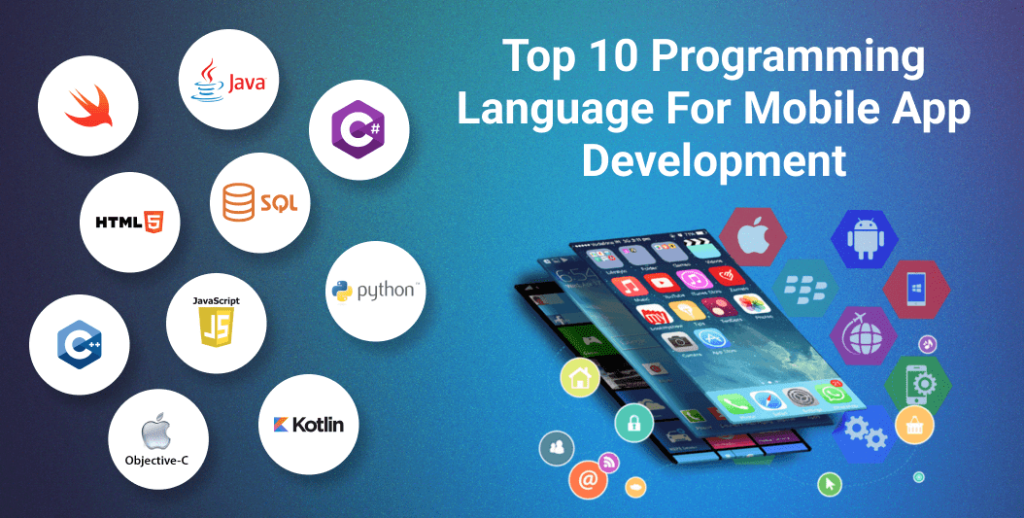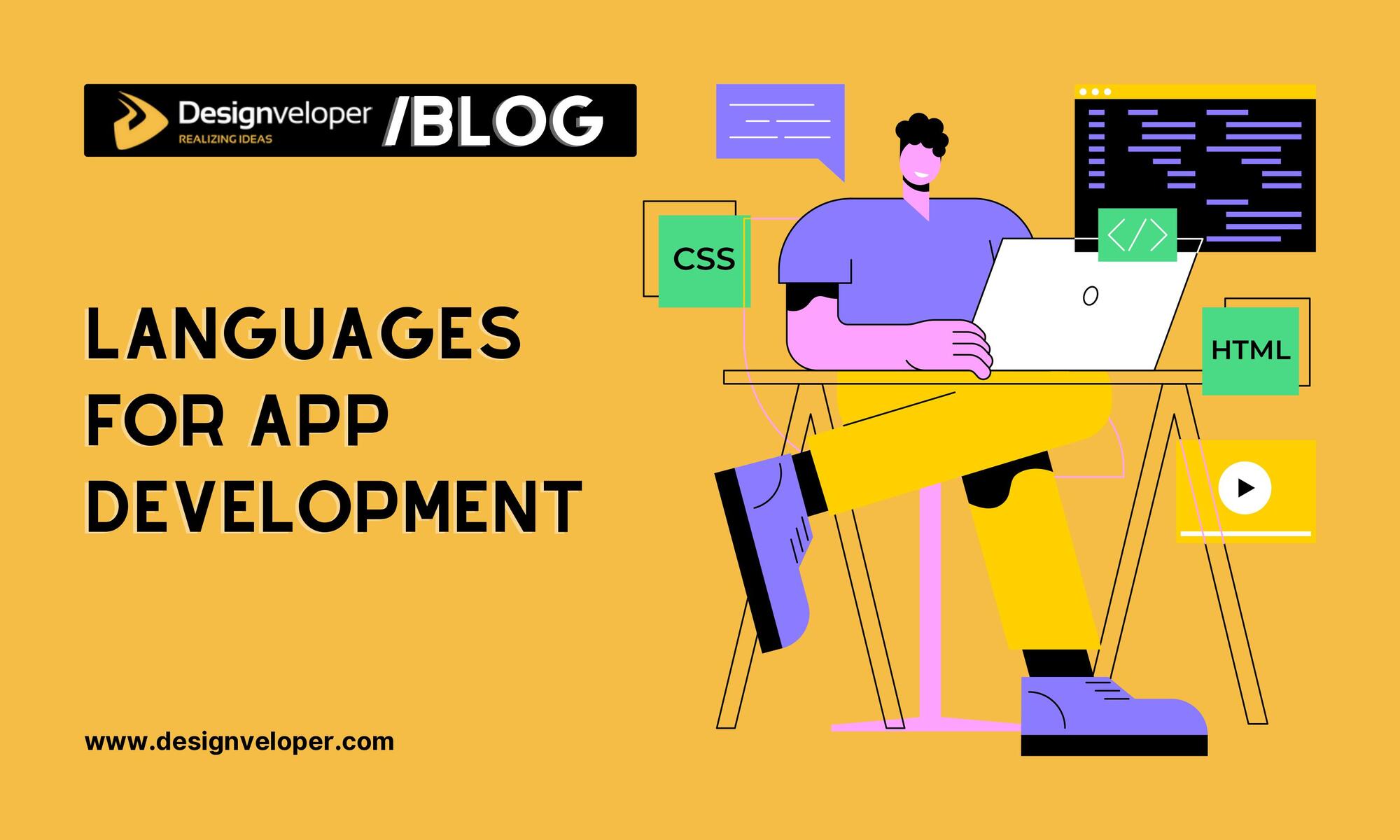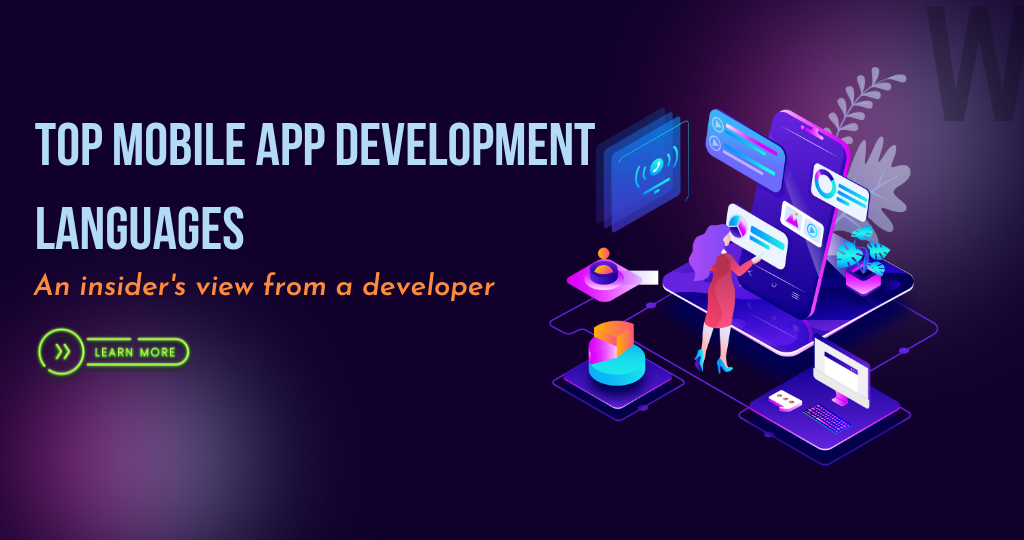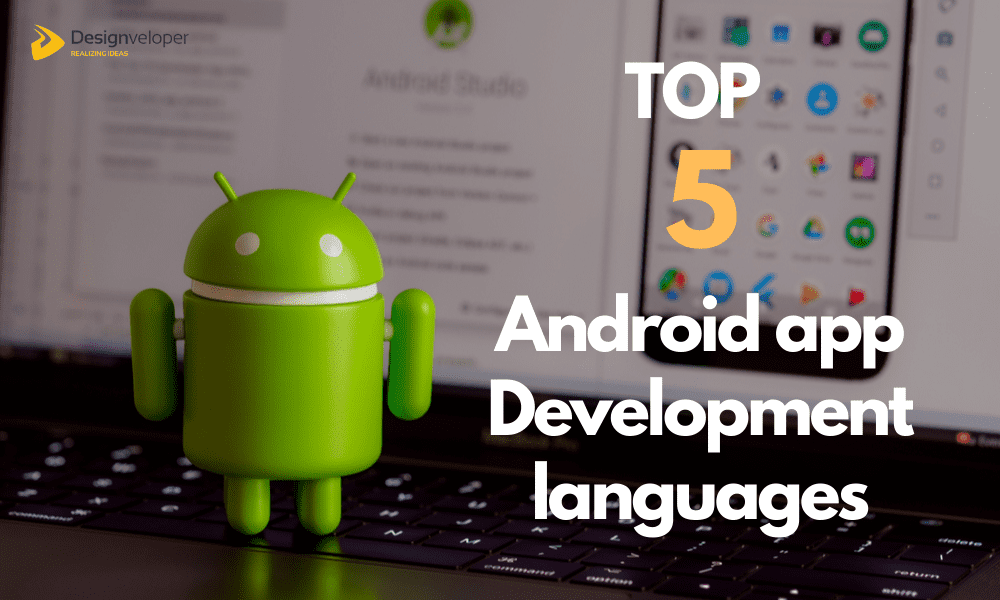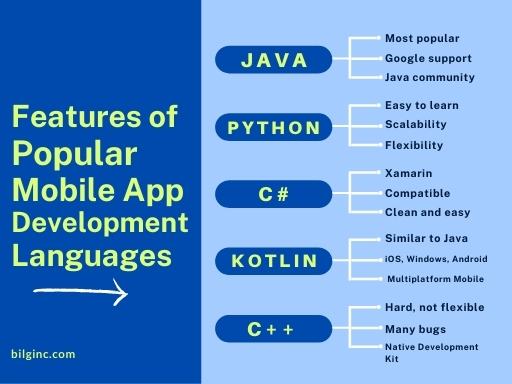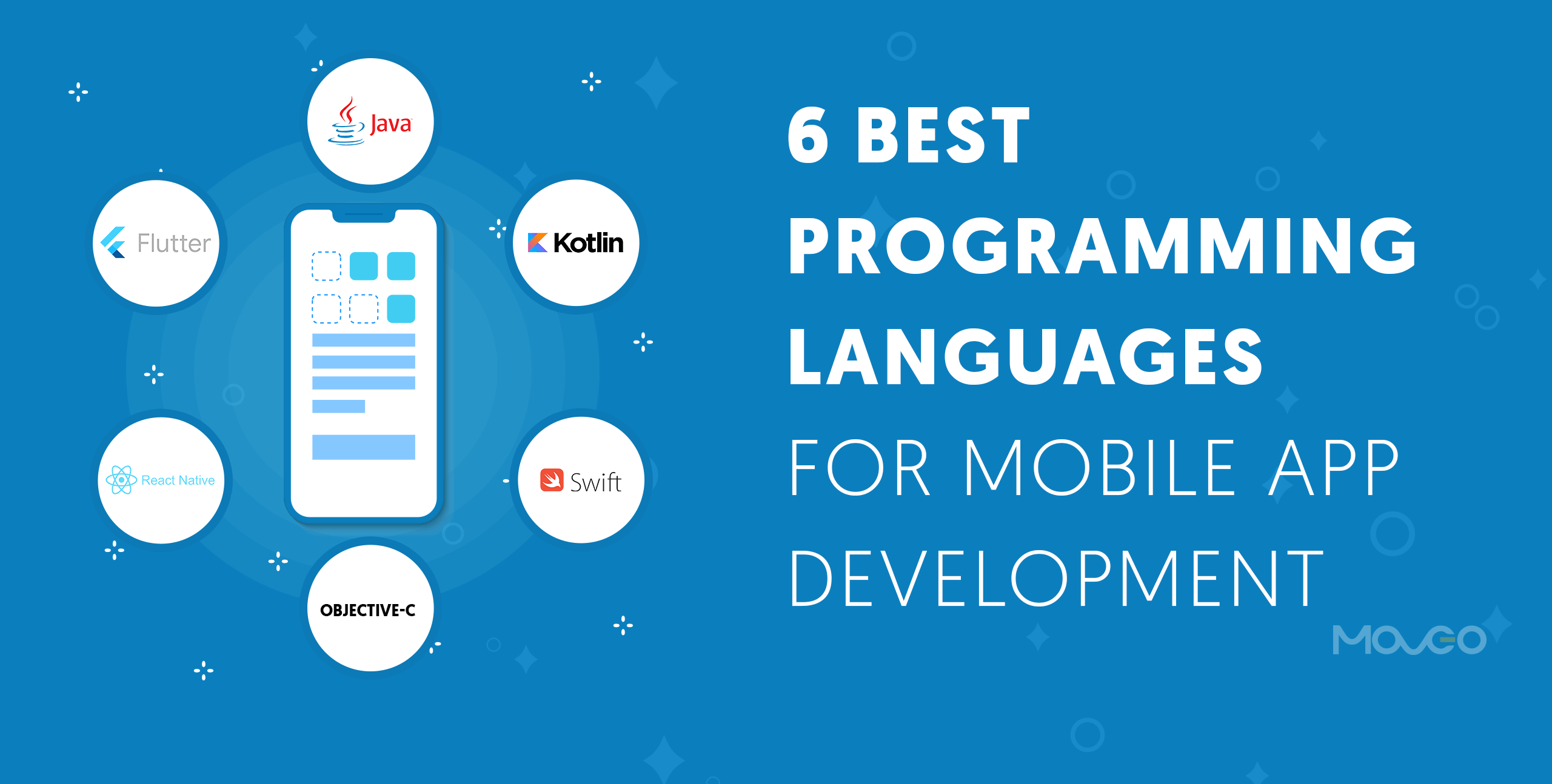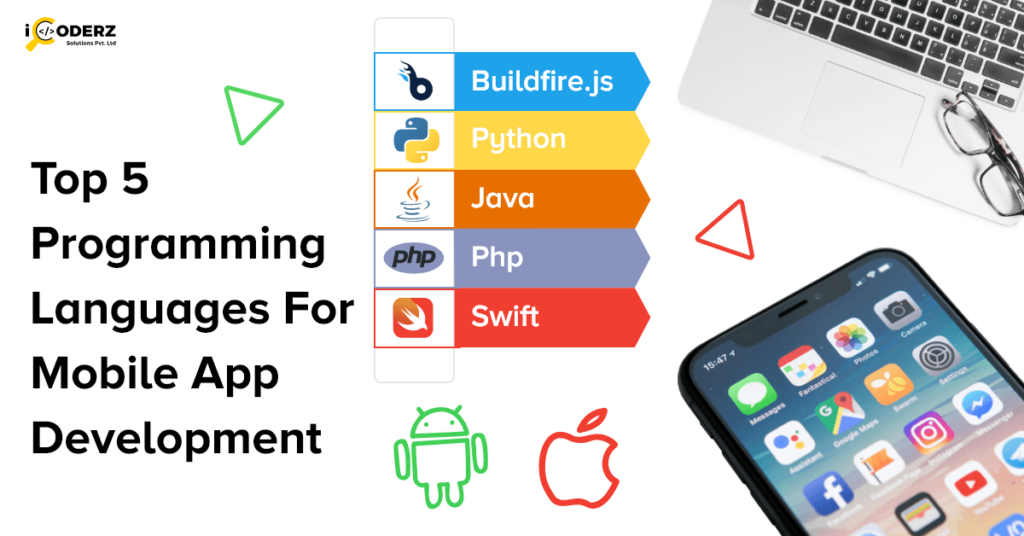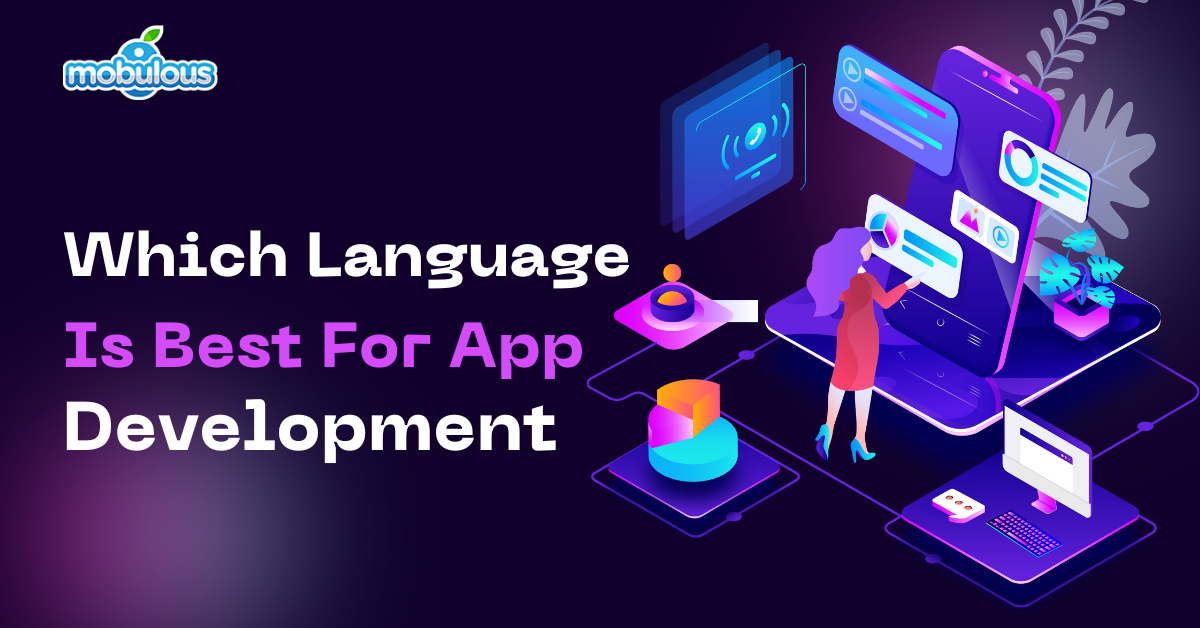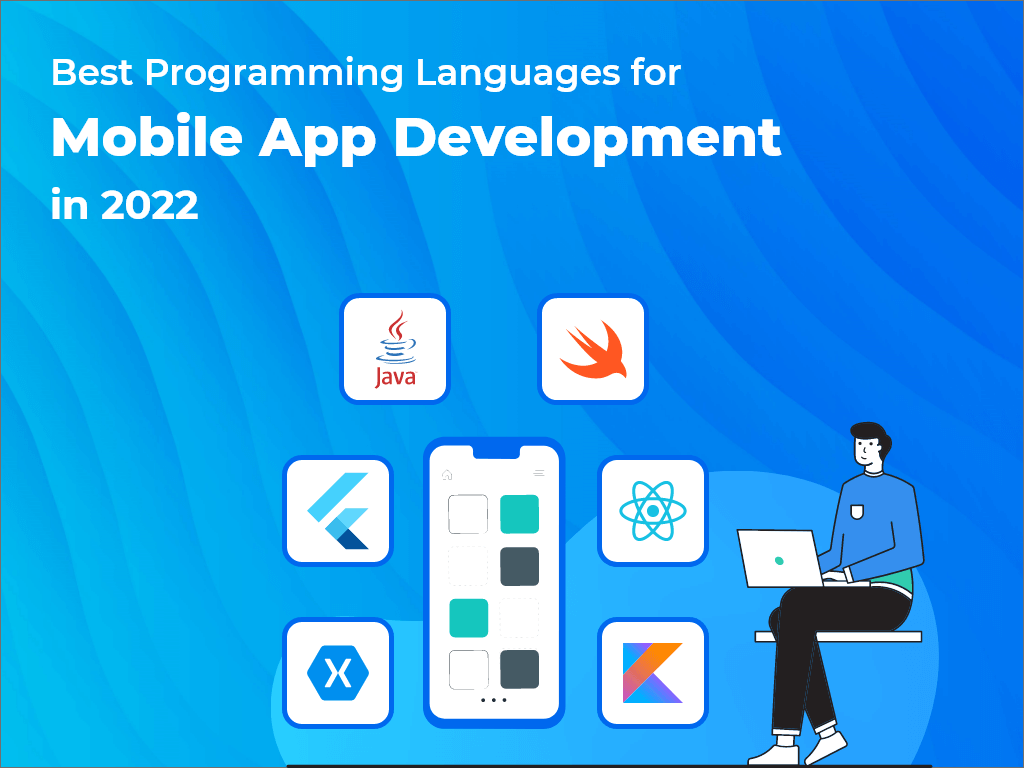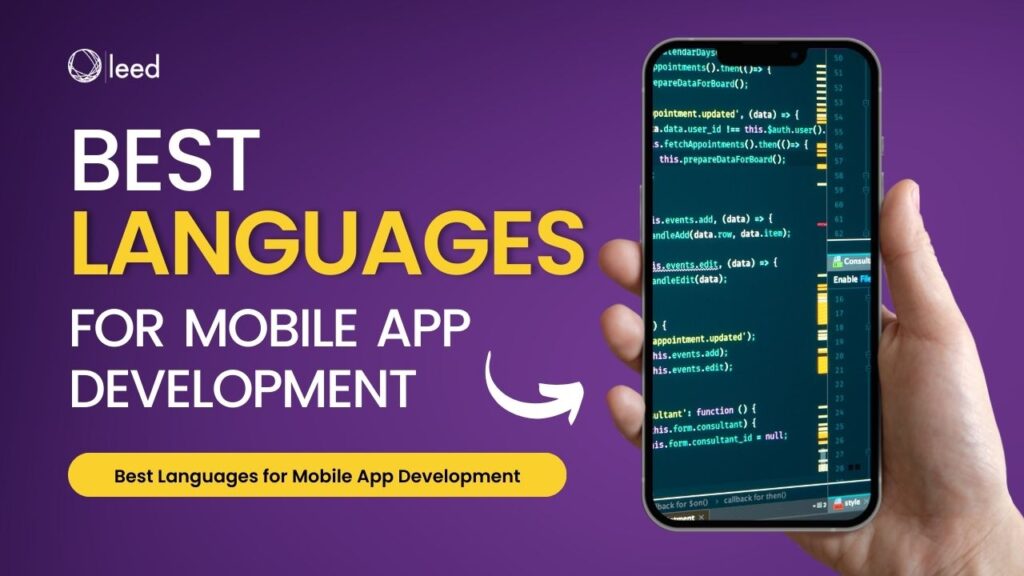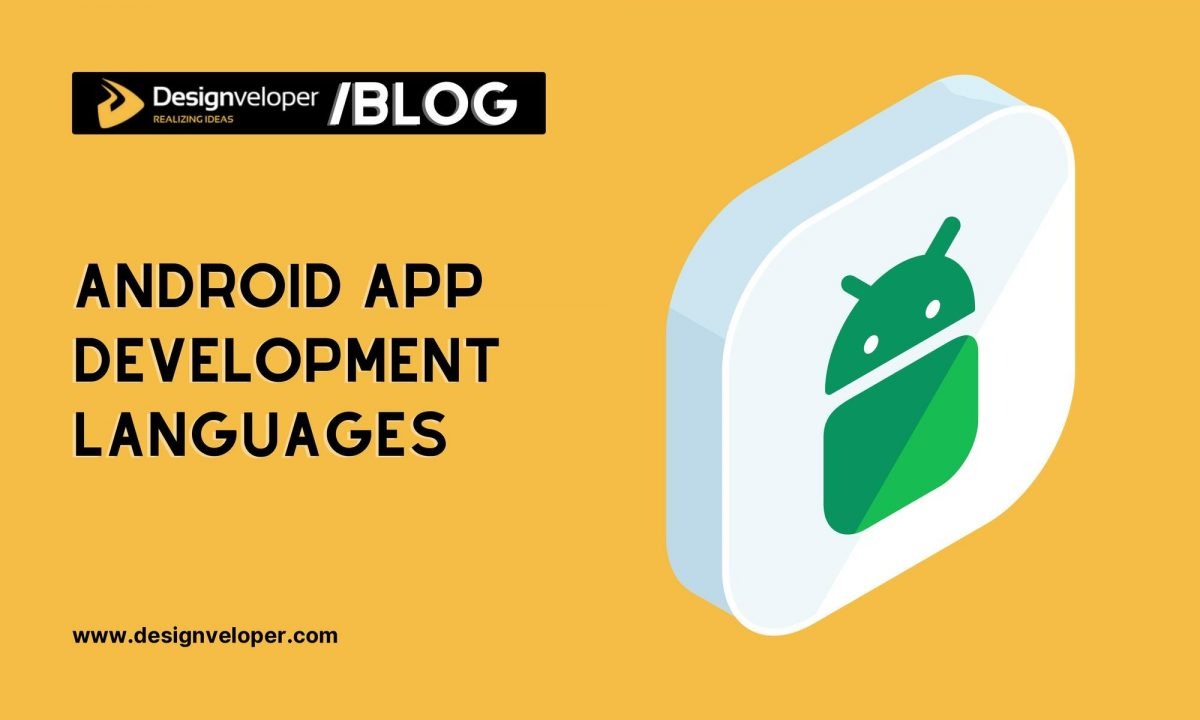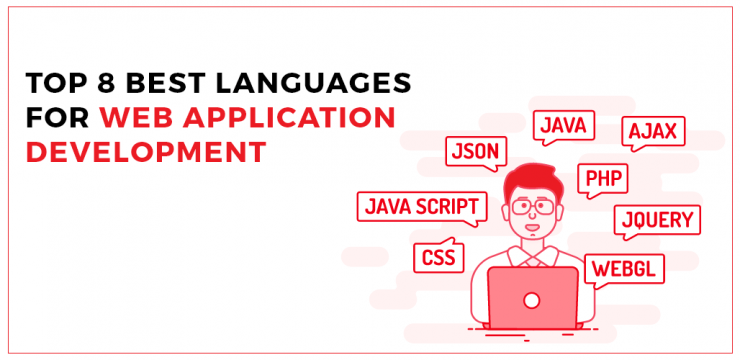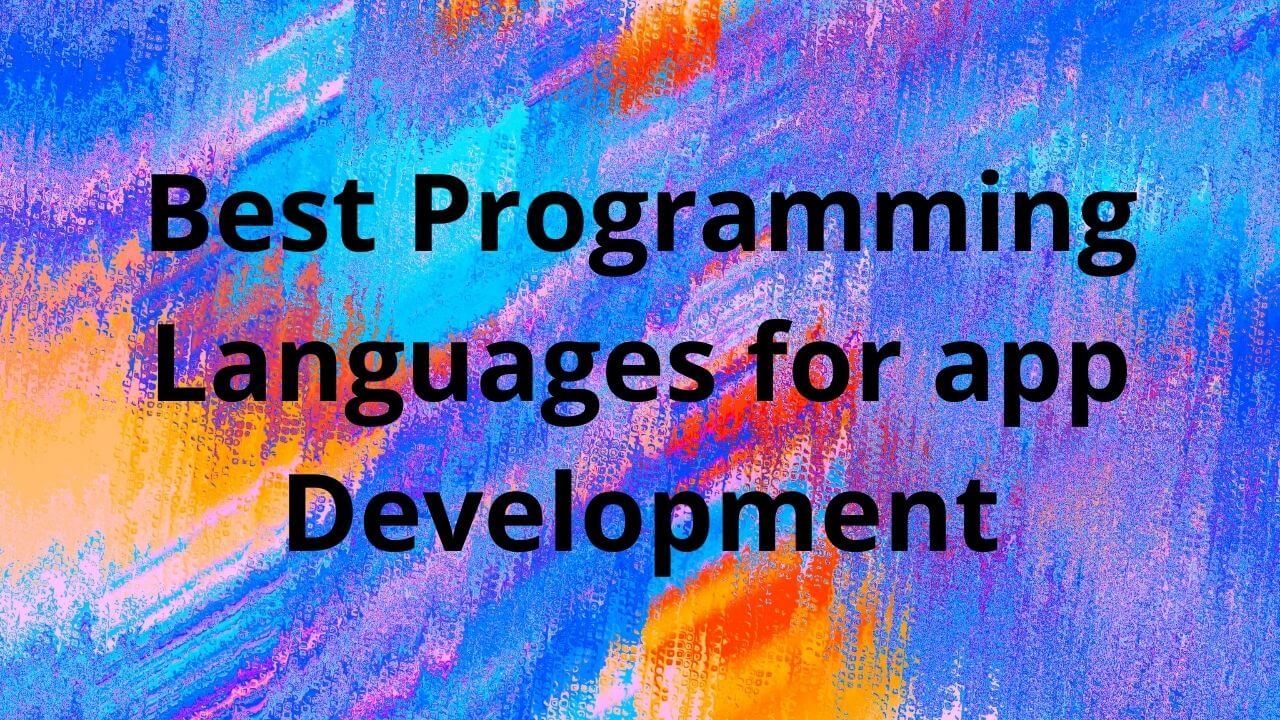What Language Is Best For App Development
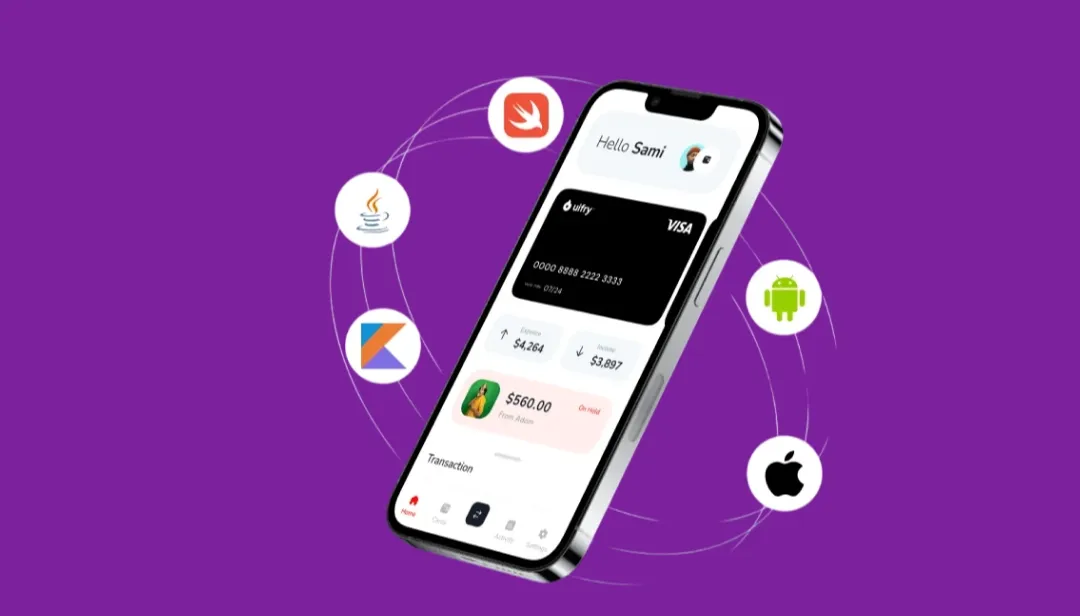
In the rapidly evolving world of mobile technology, choosing the right programming language for app development is a critical decision that can significantly impact a project's success. The stakes are high, with developers and businesses constantly seeking the most efficient, versatile, and future-proof tools to create innovative and engaging applications.
The seemingly simple question of "which language is best?" unravels a complex tapestry of considerations, including target platform (iOS, Android, or both), performance requirements, development speed, and long-term maintainability. This article delves into the strengths and weaknesses of several popular languages used in app development, providing insights to help navigate this crucial choice.
The Contenders: A Deep Dive
Swift, developed by Apple, has become the primary language for iOS, macOS, watchOS, and tvOS app development. Its modern syntax, enhanced safety features, and focus on performance have made it a favorite among Apple developers. Swift’s close integration with Apple's ecosystem and powerful frameworks like SwiftUI make it ideal for creating native iOS applications.
According to a 2023 survey by Stack Overflow, Swift is well-regarded for its readability and ease of use, contributing to faster development cycles. However, its limited cross-platform capabilities are a major drawback for developers targeting both iOS and Android.
On the Android front, Kotlin has emerged as the preferred language, officially supported by Google. Kotlin offers a more concise and expressive syntax compared to Java, the legacy language for Android development. Its interoperability with Java allows developers to seamlessly integrate Kotlin code into existing Java projects.
Google's endorsement of Kotlin, coupled with its features like null safety and coroutines for asynchronous programming, has led to widespread adoption within the Android community. Data from Google's Android Developers Blog indicates a significant increase in Kotlin-based projects over the past few years.
Java, despite being somewhat overshadowed by Kotlin for Android development, remains a relevant language, particularly for maintaining older Android applications. Its vast ecosystem, extensive libraries, and large developer community make it a stable choice for established projects. However, its verbose syntax and potential for null pointer exceptions can make development more cumbersome compared to Kotlin.
Cross-Platform Solutions
For developers aiming to build apps that run on both iOS and Android from a single codebase, cross-platform frameworks offer a compelling alternative. React Native, developed by Facebook, allows developers to build mobile apps using JavaScript and React. Its component-based architecture and large community support make it a popular choice for building UI-focused applications.
A key advantage of React Native is its code reusability, which can significantly reduce development time and costs. However, performance can sometimes be a concern, especially for complex applications requiring native-level performance. Furthermore, developers may still need to write native code for certain platform-specific features.
Flutter, created by Google, is another powerful cross-platform framework that uses the Dart programming language. Flutter's "hot reload" feature enables developers to instantly see changes made to the code, facilitating rapid prototyping and iteration. Its rich set of widgets and pixel-perfect rendering ensure consistent UI across different platforms.
Flutter is known for its impressive performance, often rivaling native apps. The Dart language is relatively easy to learn, making Flutter accessible to developers with experience in other programming languages. While Flutter has gained considerable traction, its ecosystem is still relatively smaller compared to React Native.
C# with Xamarin is another option for cross-platform development, particularly for developers with experience in the .NET ecosystem. Xamarin allows developers to build native iOS and Android apps using C# and share a significant portion of the codebase. Its integration with Visual Studio and .NET tools makes it an attractive choice for enterprise applications.
Factors Influencing the Choice
The "best" language ultimately depends on the specific requirements of the project. Target platform is a primary consideration. If the goal is to build a high-performance native iOS app, Swift is the logical choice.
For Android development, Kotlin offers a modern and efficient alternative to Java. If cross-platform compatibility is paramount, React Native or Flutter can significantly reduce development effort. Team expertise and existing codebase also play a crucial role.
If a team already has extensive experience with JavaScript, React Native may be a more natural fit. A team familiar with C# and the .NET framework might prefer Xamarin. Budget and timeline constraints are also important factors.
Looking Ahead
The landscape of app development is constantly evolving, with new languages and frameworks emerging regularly. Low-code and no-code platforms are gaining popularity, offering a simplified approach to app development for non-programmers.
However, traditional programming languages like Swift, Kotlin, and JavaScript are likely to remain dominant for complex and performance-critical applications. As mobile technology continues to advance, the ability to choose the right tool for the job will be essential for success.
The debate over the "best" language for app development will continue, driven by innovation, evolving platform requirements, and the ever-increasing demands of the mobile user. Staying informed about the latest trends and technologies is crucial for making informed decisions and building compelling mobile experiences.
